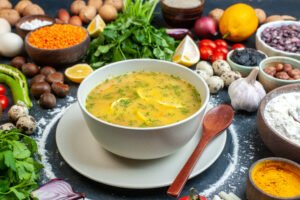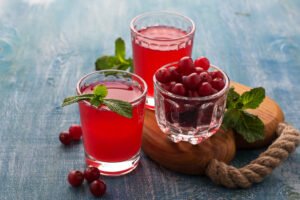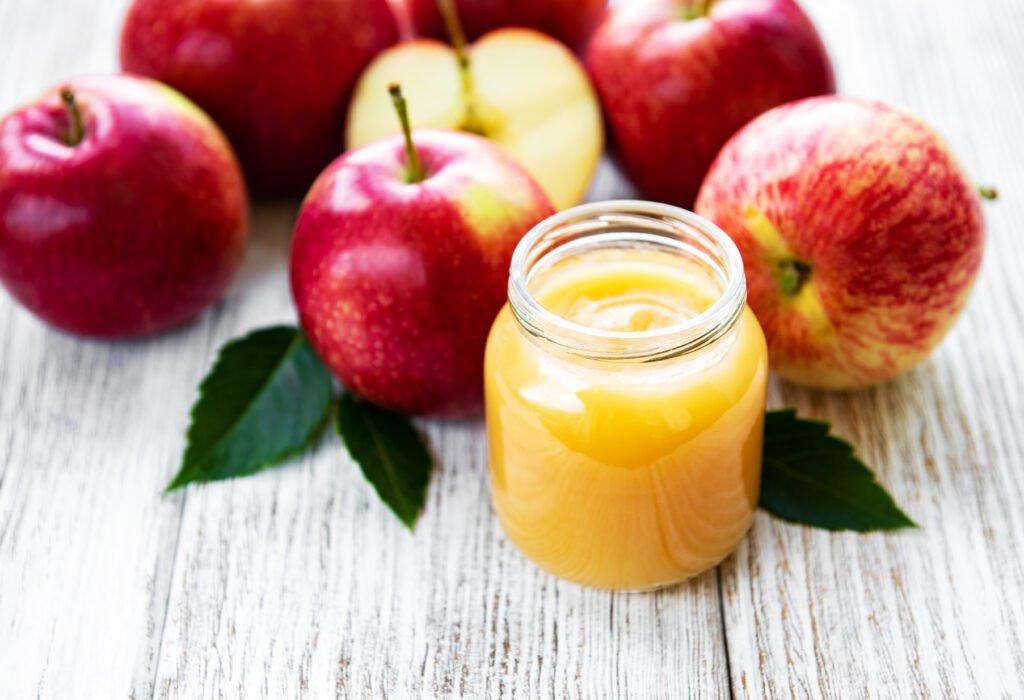
Gastritis can be an agonizing condition. The discomfort, pain, and other symptoms it brings can significantly impair one’s quality of life.
However, relief may be closer than you think, with the right dietary choices and natural remedies playing a crucial role in managing gastritis symptoms effectively.
The Power of Diet in Gastritis Relief
Dietary modifications are often at the forefront of gastritis management. What we eat can either exacerbate or alleviate gastritis symptoms. A well-designed meal plan can soothe the inflamed stomach lining, reduce discomfort, and promote healing.
Thankfully, natural remedies are gaining traction as complementary approaches to conventional treatments for gastritis. And many individuals seek relief from the pain and discomfort of gastritis through natural means, turning to dietary adjustments and supplements.
Exploring Cooked or Soft Fruits for Gastritis Relief
Cooked or soft fruits refer to fruits that have been either cooked or are naturally soft in texture. The preparation method softens the fruit, making it easier to digest and gentler on the inflamed stomach lining.
This modification is crucial for individuals with gastritis, as raw or hard fruits can exacerbate symptoms and cause discomfort.
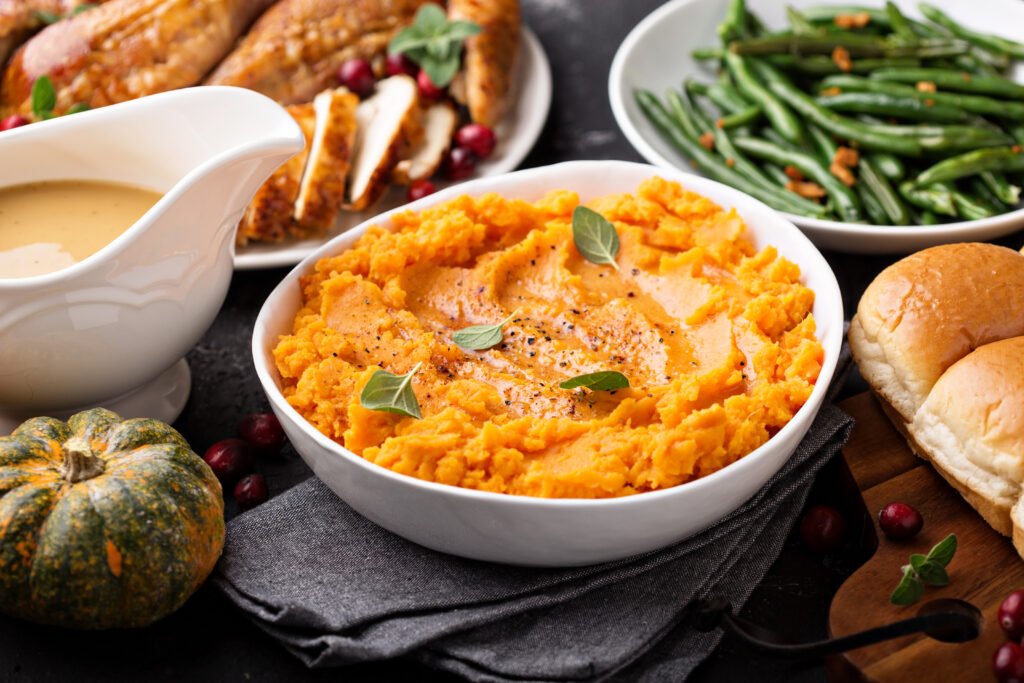
Here are some examples of cooked or soft fruits that are gentle on the stomach and suitable for individuals experiencing gastritis pain:
- Applesauce
Applesauce is made by cooking apples until they are soft and then pureeing them into a smooth consistency. It is easy to digest and can provide relief for gastritis symptoms.
- Bananas
Bananas are naturally soft and are gentle on the stomach. They contain potassium, which can help replenish electrolytes lost due to vomiting or diarrhea associated with gastritis.
- Pears (cooked or canned)
Pears can be cooked until they are soft or purchased canned in a soft texture. They are low in acidity and easy to digest, making them suitable for gastritis sufferers.
- Peaches (canned or cooked)
Canned peaches or peaches that have been cooked until soft can be gentle on the stomach. Just ensure that they are not overly sweetened, as excessive sugar intake may aggravate gastritis symptoms.
- Avocado
Avocado is soft and creamy, making it easy to digest. It is rich in healthy fats and vitamins, which can support overall digestive health.
- Mango (ripe)
Ripe mangoes have a soft texture and are naturally sweet. They are low in acidity and can be soothing for the stomach.
- Papaya
Papaya contains enzymes such as papain, which can aid in digestion. It has a soft texture and is low in acidity, making it suitable for individuals with gastritis.
- Cooked Apples
Cooking apples until they are soft can make them easier to digest. They can be enjoyed warm or cooled and are often seasoned with cinnamon for added flavor.
- Cooked Plums
Cooking plums until they are soft can reduce their acidity and make them easier to tolerate for individuals with gastritis.
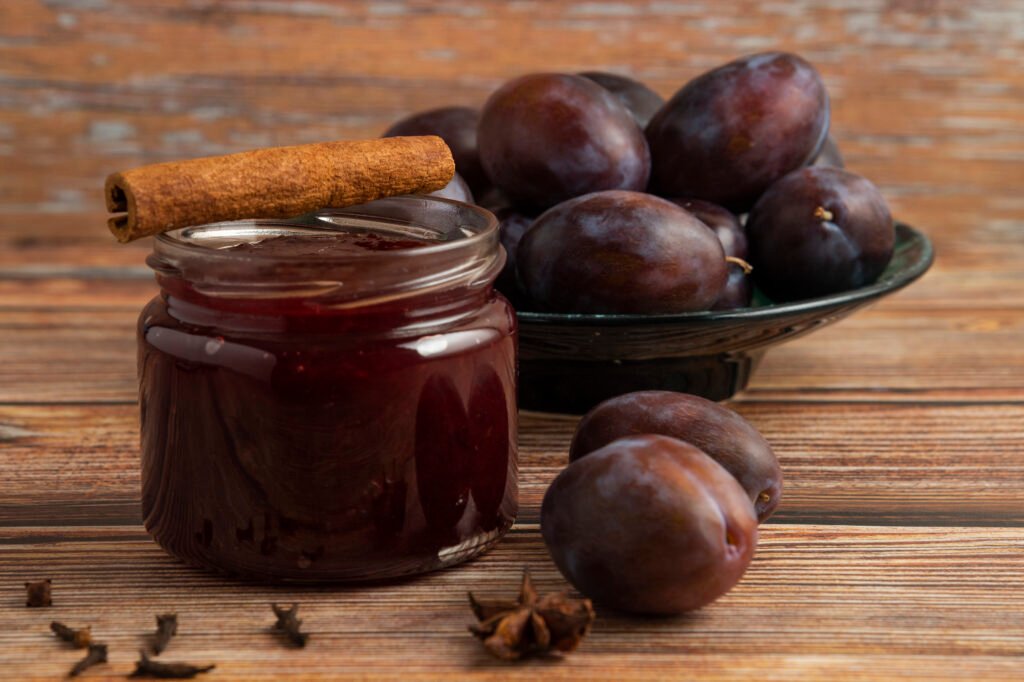
- Mashed Sweet Potatoes
Sweet potatoes can be boiled or baked until soft and then mashed into a smooth consistency. They are rich in vitamins and minerals and can provide a comforting option for gastritis sufferers.
Here are the key benefits of incorporating cooked or soft fruits into a gastritis-friendly diet:
- Gentle on the Stomach
Cooked or soft fruits are easier to digest compared to raw fruits, making them suitable for individuals with sensitive stomachs or those experiencing gastritis symptoms.
Cooking or softening fruits breaks down their fibers and makes them more tender, reducing the risk of irritation to the stomach lining.
- Soothing Effect
Cooked or soft fruits can have a soothing effect on the stomach, providing relief from discomfort associated with gastritis symptoms such as bloating, cramping, or indigestion. The softer texture of these fruits is often easier for the stomach to process, promoting digestive comfort.
- Increased Nutrient Availability
Cooking or softening fruits can enhance the availability of certain nutrients, such as antioxidants and vitamins, by breaking down cell walls and increasing their digestibility.
This can ensure better absorption of essential nutrients, supporting overall health and well-being.
- Versatility in Preparation
Cooked or soft fruits can be prepared in various ways, including baking, stewing, poaching, or steaming. They can be enjoyed on their own as a simple dessert or snack, or incorporated into recipes such as compotes, sauces, or baked goods.
This versatility allows individuals to experiment with different cooking methods and flavors to suit their preferences.
- Extended Shelf Life
Cooking or softening fruits can extend their shelf life by slowing down the ripening process and reducing the risk of spoilage.
This can be particularly beneficial for individuals with gastritis who may need to plan meals in advance or have limited access to fresh produce.
- Digestive Comfort
The softer texture of cooked or soft fruits is easier for the digestive system to process, reducing the workload on the stomach and intestines.
This can help alleviate symptoms such as bloating, gas, or abdominal discomfort often experienced with gastritis.
- Nutrient Retention
While cooking or softening fruits may lead to some loss of nutrients due to heat exposure, many essential vitamins and minerals remain intact.
By choosing gentle cooking methods and minimizing cooking time, individuals can retain the nutritional benefits of cooked or soft fruits.
How Cooked or Soft Fruits Work for Gastritis
Cooked or soft fruits offer several health benefits for individuals suffering from gastritis pain. Here are the key advantages of incorporating cooked or soft fruits into a gastritis-friendly diet:
- Easier to Digest
Cooked or soft fruits are easier to digest compared to their raw counterparts. The cooking process or natural softness of these fruits breaks down their fibers, making them gentler on the inflamed stomach lining. This reduces the risk of irritation and discomfort, providing relief for gastritis pain.
- Rich in Essential Nutrients
Despite being soft in texture, cooked or soft fruits retain their nutritional value. They are packed with essential vitamins, minerals, and antioxidants that support overall health and aid in the healing process.
These nutrients help strengthen the immune system, promote tissue repair, and reduce inflammation, all of which are beneficial for managing gastritis pain.
- High in Fiber
Many cooked or soft fruits are rich in dietary fiber, which is important for digestive health. Fiber helps regulate bowel movements, prevent constipation, and maintain a healthy digestive system.
For individuals with gastritis, incorporating fiber-rich cooked or soft fruits into their diet can help promote regularity and alleviate digestive discomfort associated with the condition.
- Hydration Support
Some cooked or soft fruits have high water content, contributing to hydration levels in the body. Adequate hydration is essential for maintaining optimal digestive function and supporting overall health.
Consuming hydrating fruits can help prevent dehydration, which can worsen gastritis symptoms such as nausea and discomfort.
- Antioxidant Protection
Cooked or soft fruits are often rich in antioxidants, which play a key role in protecting the body against oxidative stress and inflammation.
Chronic inflammation is a common feature of gastritis and can exacerbate symptoms such as pain and discomfort. Antioxidants help neutralize harmful free radicals in the body, reducing inflammation and promoting healing of the stomach lining.
Incorporating a variety of cooked or soft fruits into the diet can provide gastritis sufferers with these health benefits, helping to alleviate pain and discomfort while supporting overall well-being.



